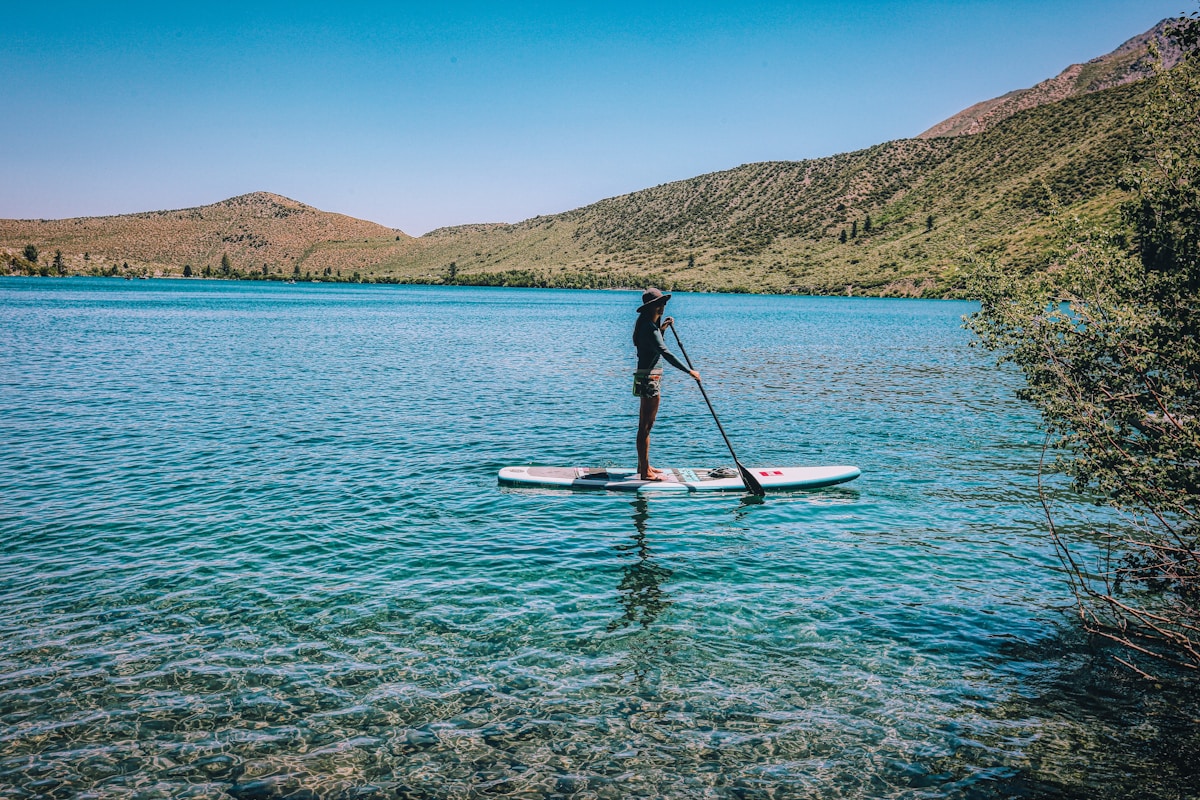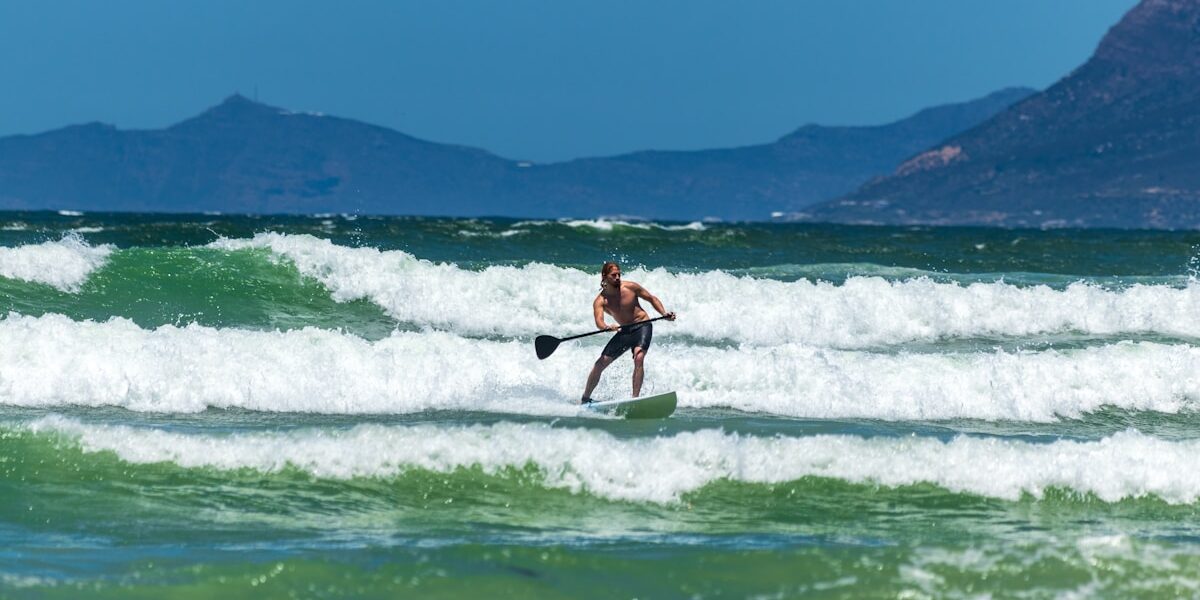
How to Stay Safe While Paddle Boarding
How to Stay Safe While Paddle Boarding
Paddle boarding is fun and offers a gr


How to Stay Safe While Paddle Boarding
Paddle boarding is fun and offers a gr